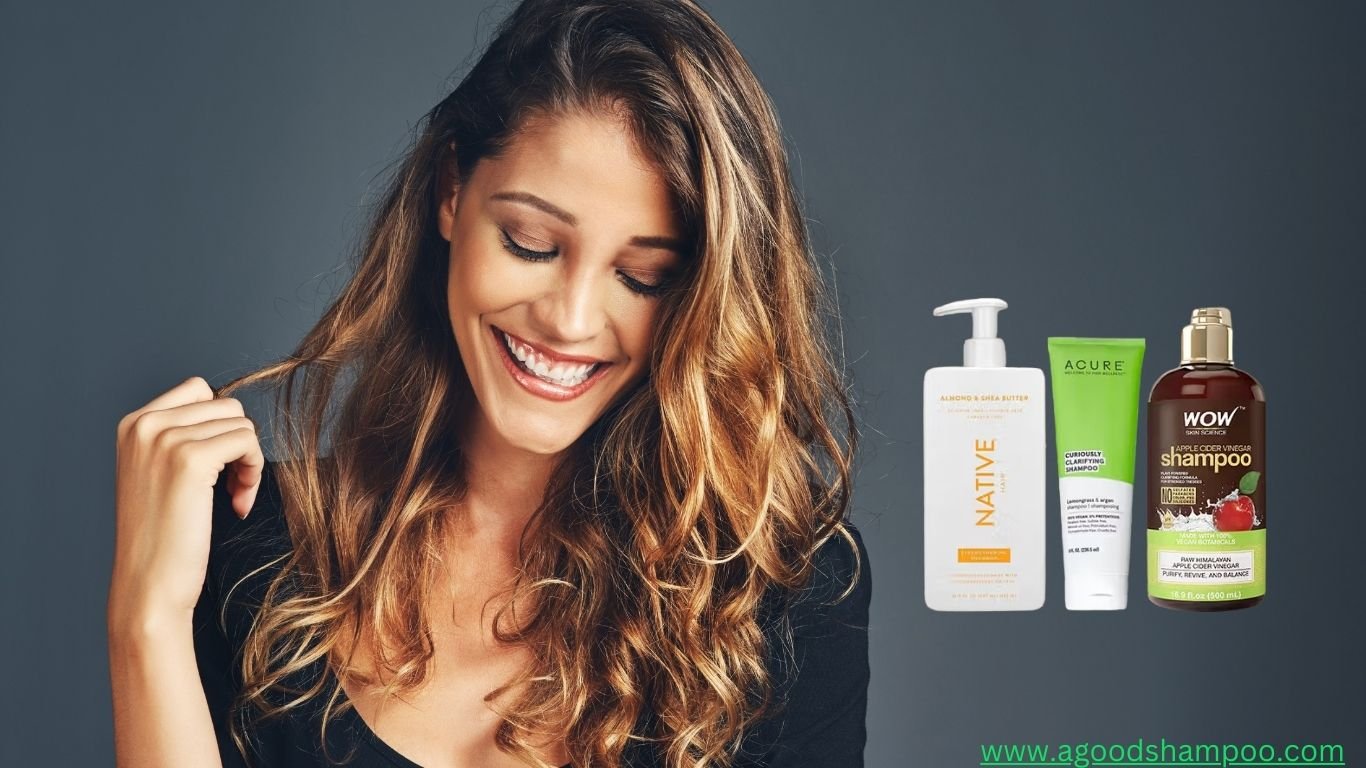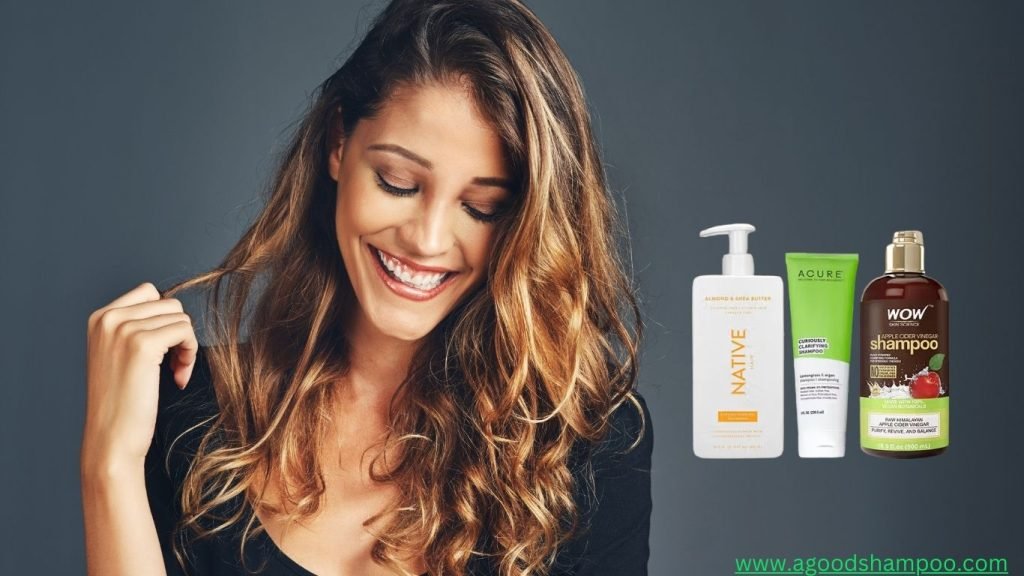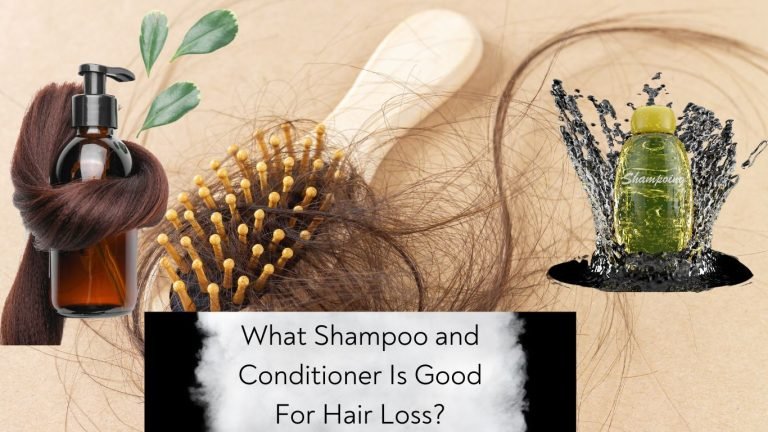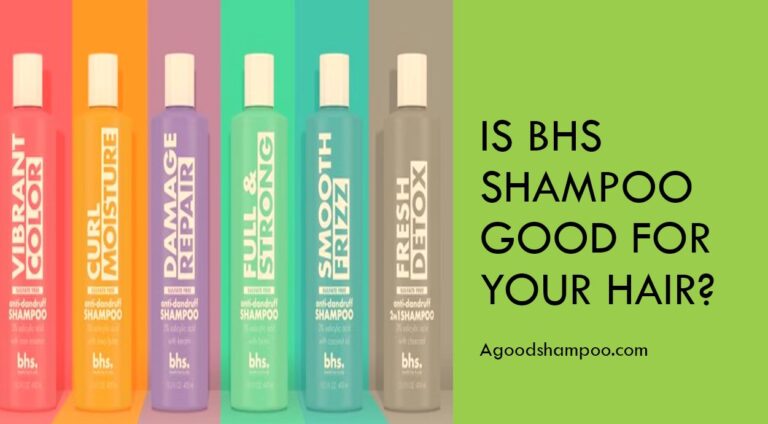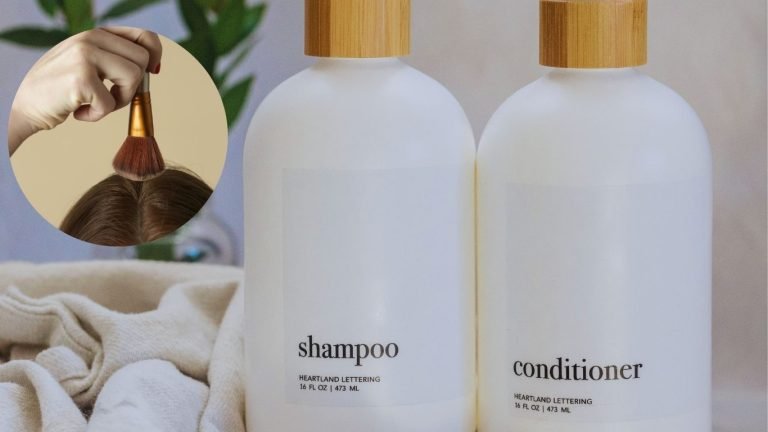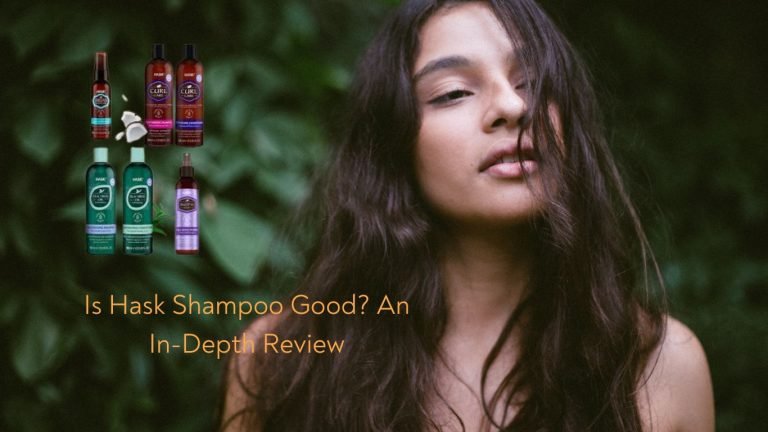What Shampoo Ingredients Make Your Hair Smell Good All Day
There’s nothing like that moment when someone leans in for a hug and says, “Wow, your hair smells amazing.” It’s such a small compliment, but it makes you feel instantly fresher, cleaner, and more confident. The truth is, not every shampoo leaves your hair with that long-lasting, luxurious scent. Some smell great in the shower but fade away before your hair even dries. Others linger all day, almost like a hair perfume.
So, what’s the difference? It all comes down to the ingredients inside your shampoo. As someone who’s studied cosmetic chemistry and spent years testing salon products, I can tell you fragrance isn’t just about “nice smells.” Certain natural oils, fruit extracts, and even lab-designed aroma compounds can stick to your hair fibers better, making the scent last longer.
Let’s break down the ingredients that make your hair not only smell incredible but also stay healthy while doing it.
Why Do Some Shampoos Smell Stronger Than Others?
Shampoo scent isn’t just a random choice. It’s carefully designed using fragrance chemistry and ingredient interactions. A few key things determine how long your shampoo’s fragrance will last:
Fragrance molecule size – lighter ones like citrus evaporate quickly, while heavier ones like vanilla and musk linger longer.
Fixatives in the formula – these lock the scent onto your hair, so it doesn’t wash away.
Natural oils vs. synthetic perfumes – essential oils smell fresh but may fade faster, while synthetics can provide all-day staying power.
Hair porosity – damaged or bleached hair tends to “hold on” to scents more than very smooth, untreated hair.
So when you notice that your friend’s shampoo scent lasts through the day and yours disappears by lunchtime, it’s not in your head, it’s in the formula.
Key Shampoo Ingredients That Make Your Hair Smell Good
1. Essential Oils (The Natural Perfume Powerhouses)
Essential oils are nature’s original fragrance source. They don’t just smell nice, they also offer scalp and hair benefits.
Lavender oil – calming, floral, and often used for relaxation. It also has mild antibacterial properties.
Peppermint oil – gives a cooling effect and a minty freshness that feels energizing.
Tea tree oil – not traditionally “sweet,” but its clean, medicinal scent leaves hair smelling fresh and scalp feeling clarified.
Rosemary oil – herbal and earthy, great for people who like less perfume and more “botanical garden.”
Citrus oils (lemon, orange, bergamot) – bright, uplifting, but usually fade faster unless paired with heavier oils.
Quick fact: A 2017 study in the Journal of Essential Oil Research found that lavender oil retains noticeable fragrance intensity up to 24 hours on fabrics, showing why it works so well in haircare.
2. Fruit Extracts and Botanicals
Think of fruit-based shampoos as that burst of freshness you get when cutting open an orange or a mango. These extracts give shampoos their “juicy” and often tropical scent profiles.
Coconut extract – creamy, sweet, and beachy.
Mango extract – fruity, exotic, a vacation-in-a-bottle vibe.
Apple extract – crisp, fresh, a clean everyday scent.
Strawberry extract – playful, sweet, and youthful.
Botanical blends often mix fruits with flowers to create more complex aromas. For example, hibiscus and passionfruit are popular in tropical shampoos.
3. Vanilla and Musk Notes
If you’ve ever had someone tell you your hair smells warm or cozy, chances are your shampoo contained vanilla or musk.
Vanilla extract – naturally comforting and sweet. It blends beautifully with fruit and floral notes.
Musk compounds – synthetic versions (since natural musk is not ethical or sustainable) are used as “fixatives” to make lighter scents last longer.
That’s why shampoos with vanilla often leave your hair smelling like you just sprayed on a light perfume.
4. Floral Extracts and Aromas
Flowers have been at the heart of fragrance for centuries, and shampoos are no different.
Jasmine – romantic, rich, and luxurious.
Rose – soft, powdery, and feminine.
Ylang ylang – exotic, slightly spicy, often found in high-end haircare.
Chamomile – subtle, calming, with soothing scalp benefits.
Floral notes are popular in shampoos marketed for women, but brands often blend them with fresh or fruity notes to keep them modern and not overpowering.
5. Herbal and Spicy Notes
Not everyone wants sweet or fruity hair. Herbal and spice-inspired shampoos give that “fresh out of the spa” feeling.
Eucalyptus – crisp, clean, invigorating.
Clove or cinnamon – warm, spicy, and comforting.
Mint blends – create a cool, tingly sensation along with a refreshing scent.
These are often paired with men’s shampoos but can be unisex depending on how they’re balanced.
6. Synthetic Fragrance Compounds
While “synthetic fragrance” might sound harsh, not all synthetics are bad. In fact, most long-lasting shampoo scents rely on carefully designed aroma molecules.
They mimic natural smells but last longer.
They’re often tested for safety under IFRA (International Fragrance Association) standards.
They act as fragrance fixatives, helping natural scents like citrus stay on hair longer.
Without them, most shampoos would smell amazing in the shower but vanish within minutes.
7. Fixatives and Base Notes
Here’s the secret most people don’t know: it’s not just the “pretty smell” ingredient that matters, it’s the fixative that locks it in.
Common fixatives include:
Benzoin resin – warm, sweet, blends well with vanilla.
Iso E Super – a woody, velvety synthetic used in perfumes and shampoos for staying power.
Tonka bean extract – nutty, sweet, and long-lasting.
These sit at the base of the fragrance pyramid and anchor lighter, fresher scents.
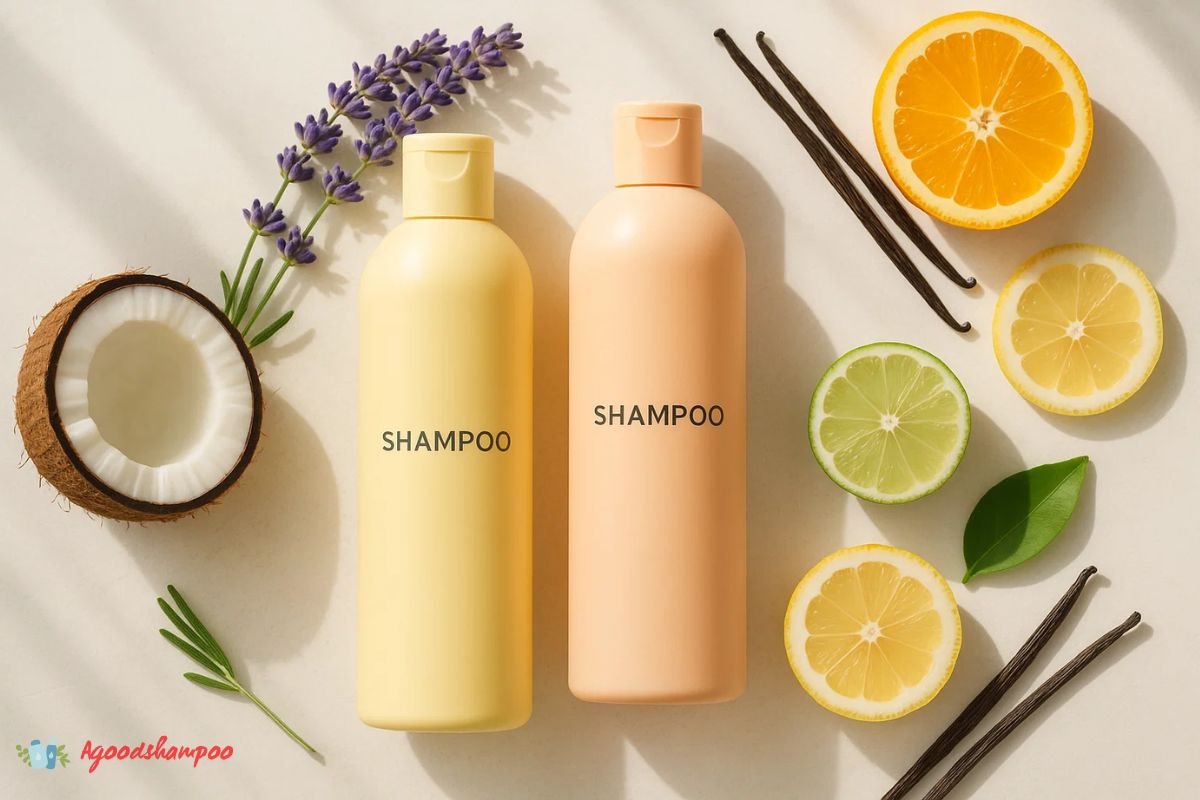
What Can You Add to Shampoo to Make It Smell Better?
If your favorite shampoo works wonders for your hair but smells… let’s say, less than dreamy, you can enhance it.
Add a few drops of essential oil (like lavender, peppermint, or sweet orange) directly into the bottle.
Mix shampoo with a scented hair oil before applying.
Finish with a hair mist or light fragrance spray designed for hair (never heavy perfume, it can dry out strands).
Tip: Stick to skin-safe essential oils and don’t go overboard, 2–3 drops per 8 oz of shampoo is plenty.
How to Make Shampoo Scent Last Longer in Your Hair
Wash with lukewarm water, hot water opens the cuticle and makes scent fade faster.
Rinse with cool water, this seals the cuticle and traps fragrance.
Use a matching conditioner or leave-in from the same fragrance line.
Avoid overpowering your shampoo scent with strong perfumes.
Apply a lightweight fragrance-infused hair oil mid-length to ends.
Studies show hair can actually “hold” scent molecules better than skin, which is why using the right fixatives in your routine makes a difference.
What Research Says About Shampoo Fragrances
A survey by Allure found that 72% of women said scent was the number one factor in choosing a shampoo, even before performance.
In fragrance chemistry, molecules like linalool (lavender), limonene (citrus), and vanillin (vanilla) are among the most stable and commonly used in shampoos.
Dermatological research shows that while synthetic fragrances may cause sensitivity in some people, most modern shampoos are formulated under strict safety limits.
So while you should always patch test if you have a sensitive scalp, for most people, fragrance in shampoo is safe and enjoyable.
What Shampoo Makes Your Hair Smell Good?
If you’re shopping specifically for scent, here are some standouts (based on ingredient profiles and consumer reviews):
Herbal Essences Bio:Renew White Strawberry & Sweet Mint – fruity and fresh.
OGX Coconut Milk Shampoo – tropical, warm, and creamy.
Aveda Shampure Nurturing Shampoo – calming mix of 25 flower and plant essences.
Dove Nutritive Solutions Daily Moisture – soft, clean, everyday scent.
L’Oréal Paris Elvive Extraordinary Clay – refreshing, clean, slightly floral.
Each of these contains either essential oils, fruit extracts, or fragrance fixatives designed to last beyond the shower.
Ingredient Breakdown Box
Quick Ingredient Guide for Great-Smelling Hair:
| Ingredient Type | Example | Scent Profile | Staying Power |
|---|---|---|---|
| Essential Oils | Lavender, Peppermint | Fresh, natural | Medium |
| Fruit Extracts | Coconut, Mango | Sweet, juicy | Low–Medium |
| Vanilla & Musk | Vanillin, Synthetic Musks | Warm, cozy | High |
| Florals | Jasmine, Rose | Romantic, soft | Medium–High |
| Herbal/Spicy Notes | Eucalyptus, Cinnamon | Fresh, bold | Medium |
| Synthetic Compounds | Iso E Super, Linalool | Balanced, perfume-like | High |
| Fixatives | Benzoin, Tonka | Anchoring, sweet | Very High |
Final Thoughts
Your shampoo’s scent isn’t just a bathroom bonus, it’s chemistry, psychology, and self-care wrapped into one. The right ingredients can lift your mood, boost your confidence, and keep your hair smelling fresh long after wash day.
So if you’ve ever wondered “What shampoo ingredients make your hair smell good?” the answer is a mix of essential oils, fruit extracts, vanilla and musk bases, florals, herbal notes, and smart fragrance fixatives.
The next time you’re shopping for shampoo, flip that label around. Look for lavender oil, coconut extract, jasmine, vanilla, or fragrance blends with fixatives. Not only will your hair look amazing, but you’ll also leave behind a subtle, beautiful scent trail everywhere you go.

Carolina Herrera: Cosmetics specialist & Hair Analyst. Specializing in hair treatments, Carolina provides thorough reviews and advice on choosing the best products for damaged or treated hair.

